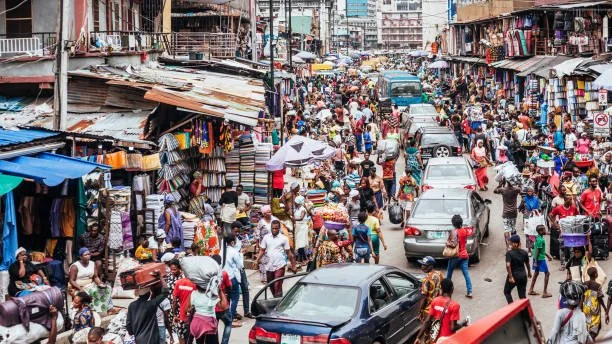April 2023
Samuel Hall conducted a research study for the Food and Agriculture Organization of the United Nations (FAO) to undertake a two-part effort to inform policy and programming on sustainable reintegration in rural areas in the context of COVID-19 pandemic. The two outputs of this collaboration include the present lessons learned report that offers the framework, and the associated Rural Reintegration Toolkit that presents the tools for practitioners to improve policy and programming on sustainable reintegration in rural areas.
The aim of the global lessons learned report is to provide a roadmap for collective action in support of returnees in rural areas and rural communities across a range of development settings. While the toolkit aims to support local stakeholders and actors in agrifood systems to integrate rural returnees into programmes and other initiatives to develop the agrifood sector. It provides resources to design and implement programmes and projects to facilitate the reintegration of returnees in rural areas.
Download Global Lessons Learned Report Here
Read More








